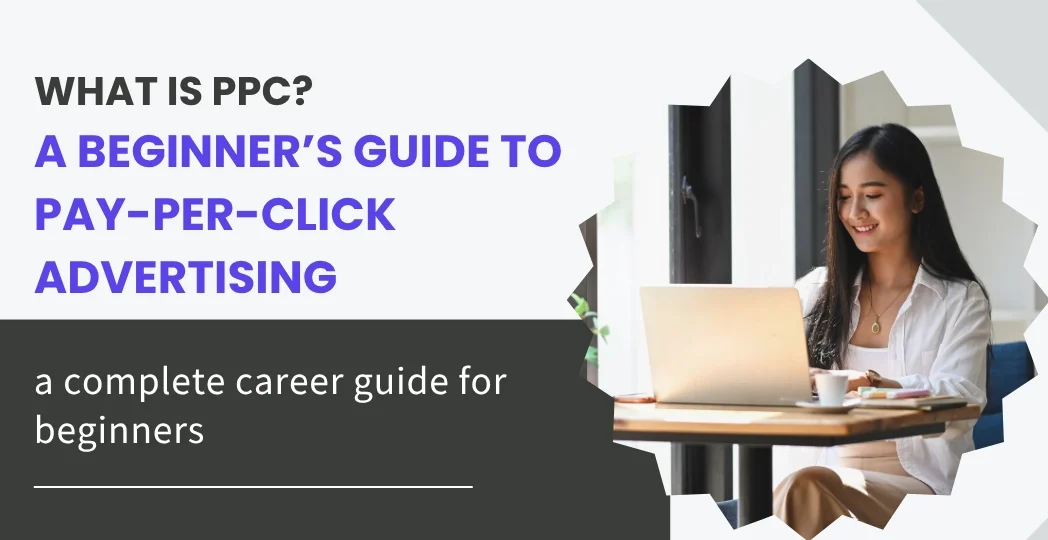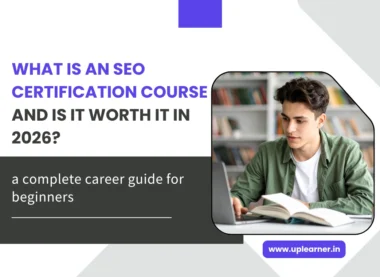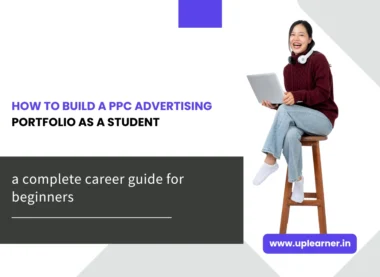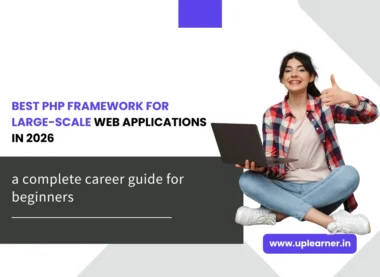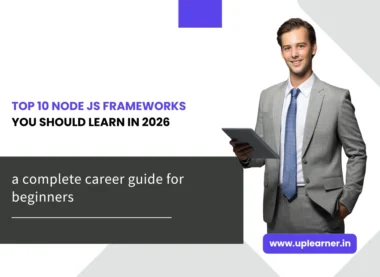Table of Contents
If you’ve ever searched something on Google and seen an ad at the top of the results, you’ve already come across Pay‑Per‑Click Advertising, also called PPC. It’s one of the most popular digital marketing methods today, and it helps businesses grow fast.
But what exactly is Pay‑Per‑Click Advertising? How does it work? Is it expensive? Can small businesses use it too?
Don’t worry! In this guide, we’ll explain everything in simple words so even if you’re new to online marketing, you can understand PPC and start using it with confidence.
What is Pay‑Per‑Click Advertising?
Pay‑Per‑Click Advertising is a type of online advertisement where you only pay when someone clicks your ad.
Let’s say you own a small online store that sells handmade candles. If you run a PPC ad on Google using the keyword “buy scented candles,” your ad might show up at the top of search results. If someone clicks on your ad, you pay Google a small fee. If no one clicks, you don’t pay anything.
This makes Pay‑Per‑Click Advertising very budget-friendly, especially for small businesses. You don’t waste money on people who are not interested in your product.
Why Is PPC So Popular?
There are many reasons why people use Pay‑Per‑Click Advertising:
1. Quick Results
Unlike SEO (Search Engine Optimization), which takes time to show up on search engines, PPC brings quick results. Your ad can be live within a few hours and start getting traffic the same day.
2. Targeted Audience
You can show your ads only to people who are likely to be interested. For example, you can target based on location, age, gender, language, device (like mobile or desktop), and even specific times of the day.
3. Control Over Budget
You decide how much to spend. Whether it’s ₹100 a day or ₹10,000 a month, you are always in control. You can stop the ads anytime if they are not working for you.
4. Measurable Results
With Pay‑Per‑Click Advertising, you can track every click, every visit, and every sale. This helps you understand what’s working and what’s not.
Where Do PPC Ads Appear?
PPC ads appear in many places online. Here are the most common ones:
- Search Engines: Google Ads and Bing Ads show your text ads when someone searches your chosen keywords.
- Social Media: Facebook, Instagram, and LinkedIn allow you to run PPC ads targeted to users’ interests.
- Websites: Google Display Network and other platforms can show image or banner ads on various websites.
- YouTube: You can show video ads and pay only when someone watches or clicks.
How Does PPC Work?
The process behind Pay‑Per‑Click Advertising might sound technical, but it’s actually easy to follow:
- Choose Keywords: These are the words people type into Google. For example, “best budget smartphone.”
- Create Ads: Write a short, catchy ad that makes people want to click.
- Set Your Budget: Decide how much you want to spend daily or monthly.
- Choose Who to Target: Pick your audience based on age, location, device, etc.
- Launch the Campaign: Your ad goes live, and people start seeing it.
- Pay Only for Clicks: You’re charged only when someone clicks on your ad.
Example of a PPC Ad
Let’s say you run a home bakery. You create a Google ad with the keyword “custom birthday cakes near me.” Someone types that into Google, sees your ad, and clicks it to visit your website. That click costs you ₹15. If the customer places an order worth ₹500, you’ve made a good return on your investment.
This is the power of Pay‑Per‑Click Advertising—you get customers who are already searching for what you offer.
How Much Does PPC Cost?
There’s no fixed price. The cost depends on:
- Competition: Popular keywords like “insurance” or “laptop deals” are more expensive.
- Your Budget: You can choose how much you want to spend each day.
- Your Ad Quality: Google rewards better ads with lower costs. That’s why good copy and landing pages matter.
Some clicks cost ₹5. Others might be ₹500. But if your ad brings in more money than it costs, it’s worth it.
Common PPC Platforms
Here are some popular platforms where you can run PPC ads:
- Google Ads: The biggest and most widely used PPC platform.
- Facebook Ads: Good for reaching a wide audience using images and videos.
- Instagram Ads: Great for visual products, especially for younger audiences.
- LinkedIn Ads: Best for B2B and professional services.
- YouTube Ads: Ideal for video promotions.
Each platform has its strengths. You can start with one and expand as you grow.
Should You Take a Pay‑Per‑Click Course?
If you feel confused or overwhelmed by the terms, bidding, or ad setup, you’re not alone. Many beginners take a Pay‑Per‑Click Course to learn the basics. A good course will teach you:
- How to pick the right keywords
- How to create strong ads that people click
- How to avoid wasting money
- How to track results
- How to improve your ads over time
Many courses are online, affordable, and beginner-friendly. Investing in a Pay‑Per‑Click Course can save you a lot of trial and error.
Tips for Beginners
- Start Small: Begin with a small budget. Test different ads and see what works.
- Use Negative Keywords: These help block unwanted traffic. For example, if you don’t sell free stuff, block the word “free.”
- Make Your Website Ready: When someone clicks your ad, they should land on a page that is clear, fast, and easy to use.
- Monitor Daily: Check your campaign regularly to see what’s performing and what’s not.
- Don’t Give Up: Like anything new, it takes a little time to learn. Be patient.
Final Thoughts
Pay‑Per‑Click Advertising is a smart and effective way to get traffic, leads, and sales. Whether you run a small business, a blog, or a large eCommerce store, PPC can help you grow faster.
You don’t need to be a tech expert to get started. You just need to understand how it works, set a budget, and keep learning. Taking a Pay‑Per‑Click Course can also give you a strong head start.
So why wait? Try your first PPC campaign today and see how it can bring real results for your business.


